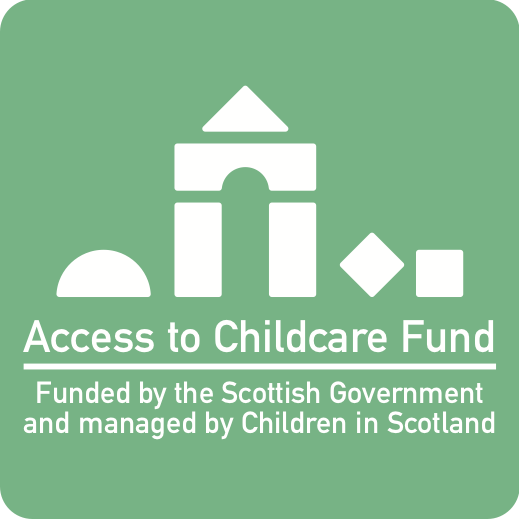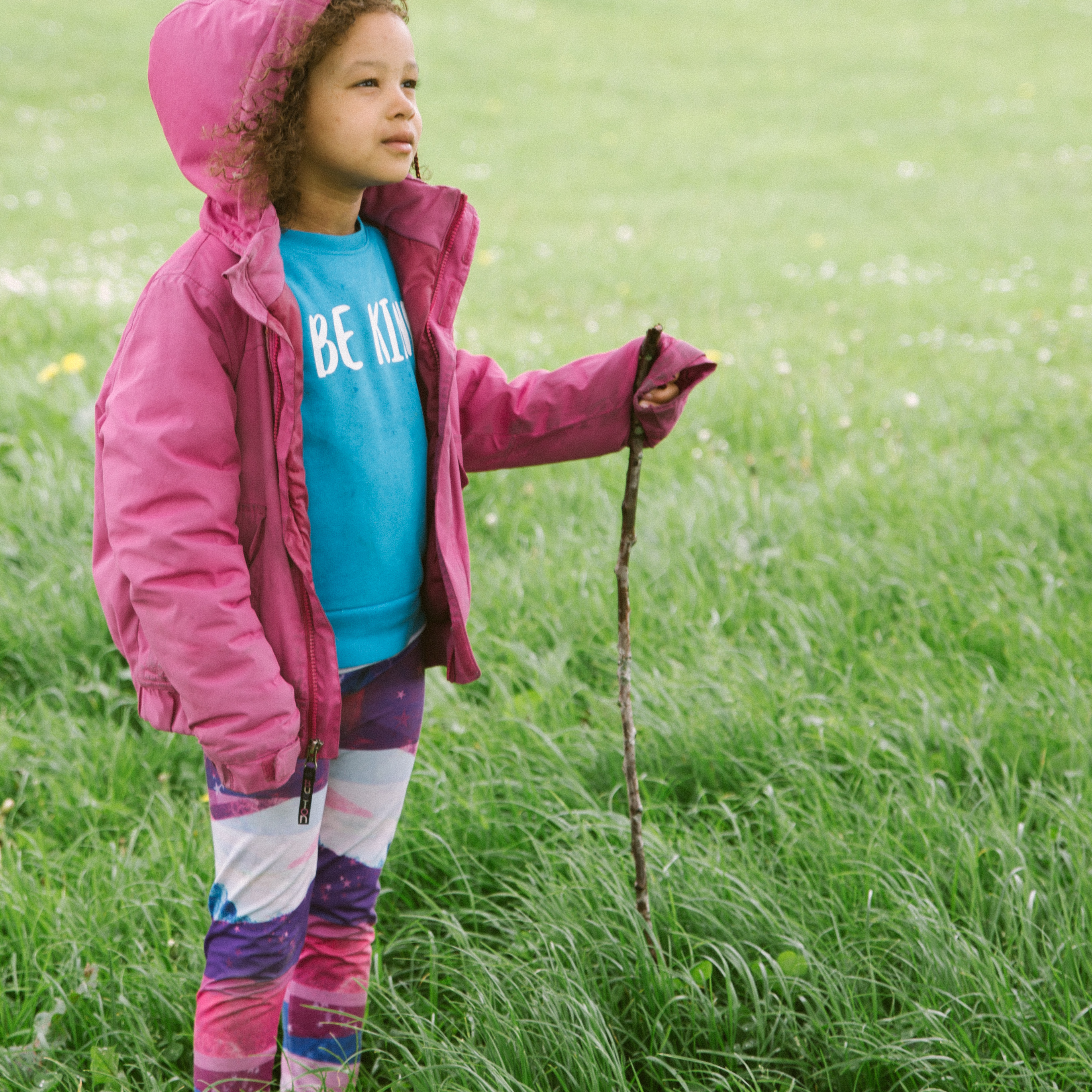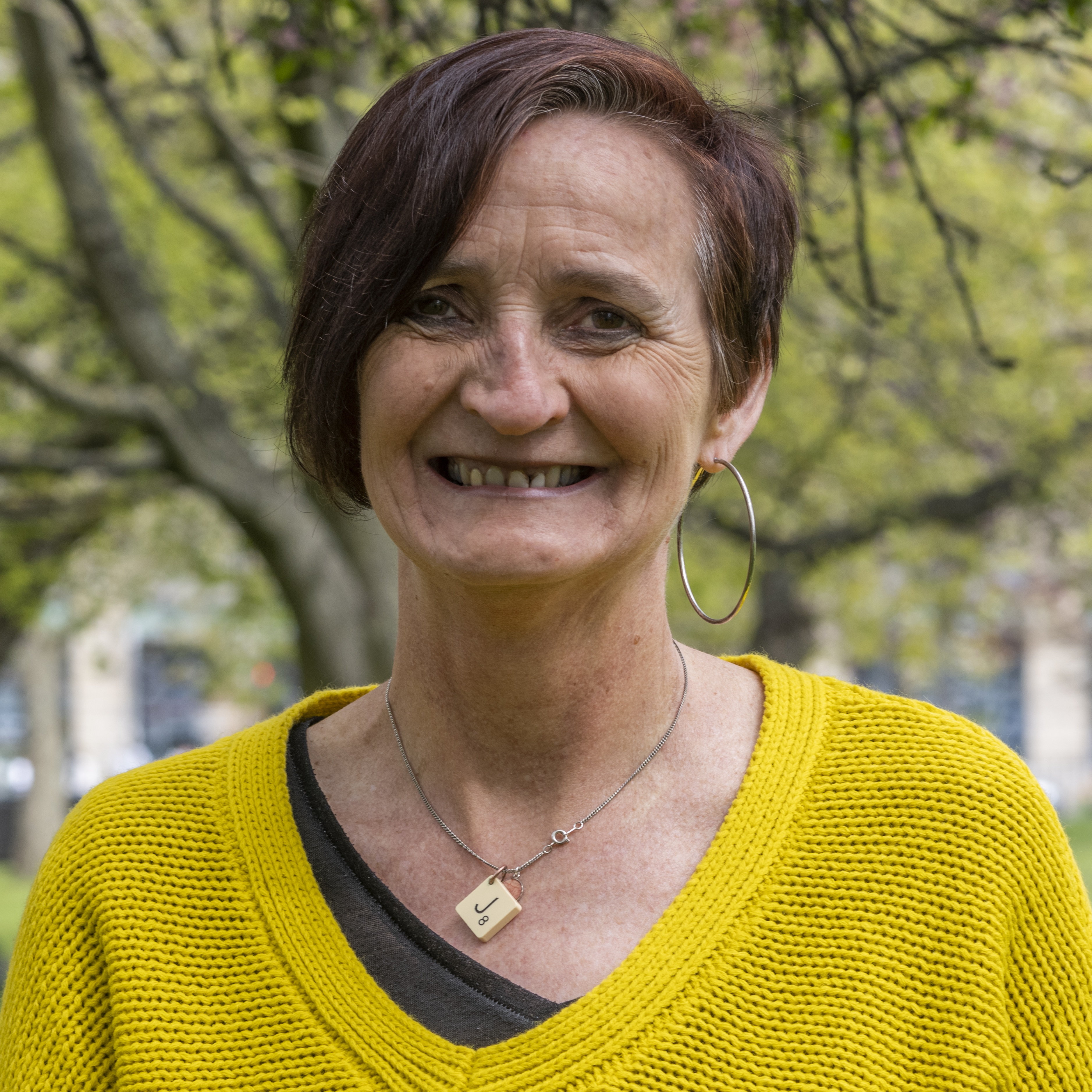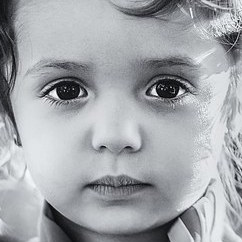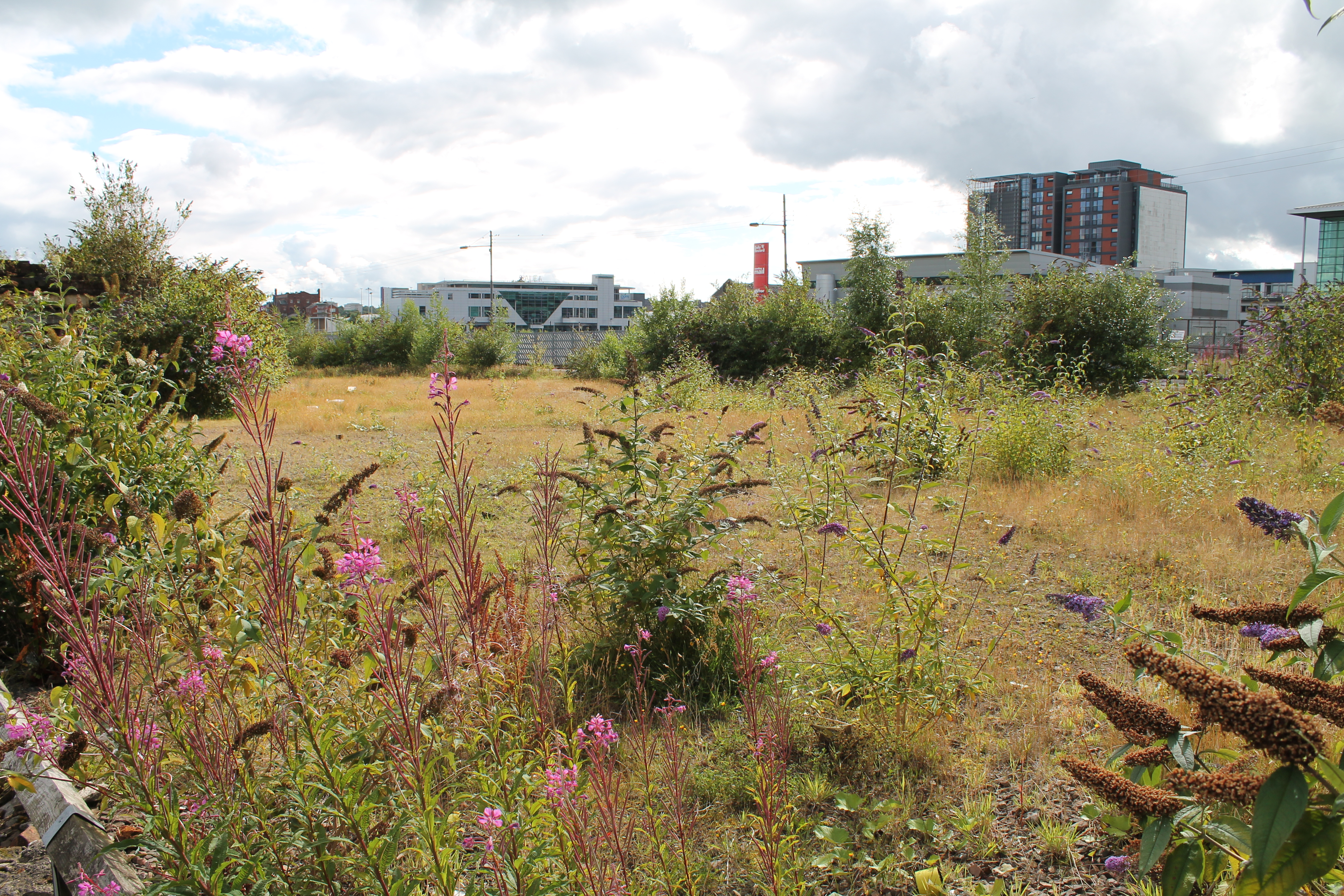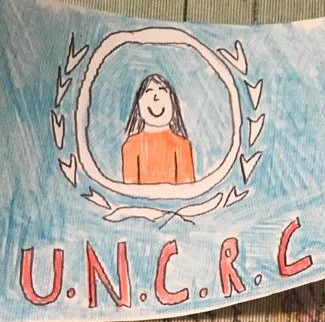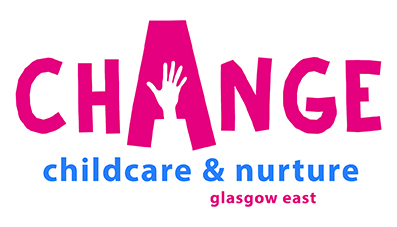Media Release
Projects across Scotland supported by the Access to Childcare Fund (ACF) have made a difference to families’ lives, bolstering children and parents’ health, relationships and financial security.
That’s the key finding of the final report into phase one of the ACF, which also reveals that access to childcare opened up new work opportunities and reduced costs for many participating families.
Funded school age childcare provided through the projects offered a safe, supportive place for children to come together and, while families may have experienced difficult times through the pandemic, children were able to have fun, make new friends, get outdoors and play.
Click here to read the report
The Scottish Government’s Access to Childcare Fund was designed to increase access to childcare for those families most at risk of experiencing child poverty.
Between October 2021 and March 2022, the Fund invested more than £2 million into 15 projects across Scotland. National charity Children in Scotland managed the fund on the Scottish Government’s behalf.
A short film about the Fund and projects it supported has been produced (click the link on this page to watch the film).
The final report into the Fund provides an overview of its impact and shares learning from funded projects. Its key findings and recommendations include:
- Funding must be targeted at subsidising childcare costs so families on low incomes are no longer locked out of services
- Childcare services must have longer funding periods to enable them to develop, plan, deliver and evaluate their approaches
- As specialist services for children with additional support needs are particularly expensive because of the greater number of skilled staff required, additional funding must be available across Scotland to ensure children with ASN get equal access to school-aged childcare
- Support for targeted and specialist childcare providers must be given to help all families access these services. Targeted services for minority ethnic families, for example, help to foster inclusion
- Evidence from projects should be explored to show how incorporating whole family support into services from early years to school age can increase the uptake of places and may enable progression from poverty
- Childcare should be recognised as an important part of the wider children’s services landscape, and childcare providers should be included in children’s services planning processes
- Transport must be viewed as part of a holistic childcare offer. Transport provision can help families overcome childcare barriers including cost, lack of transport options, and parents/carers work or study commitments.
Welcoming publication of the report, Children in Scotland’s Head of Policy, Projects and Participation Amy Woodhouse said:
“The Access to Childcare Fund experience has taught us many valuable lessons, including the importance of relationships, the complexity of poverty, and the fact that childcare does not exist in a vacuum but is deeply connected to other basic needs in families and communities.
“Children and young people have had a lot of valuable things to say about their experiences of the childcare provided through the Fund. A recommendation of the report is that childcare providers should consider how they incorporate children’s views into service design, delivery and evaluation. We are hopeful that Scotland’s move towards incorporating the UN Convention on the Rights of the Child will provide further impetus for this.”
Access to Childcare Fund Lead Alison Hay said:
“Although funded projects had to operate in the most challenging of circumstances, the Fund has shown that our vision for childcare as a service that nurtures the child and the wider family, exists as part of a wider community, and is responsive to individual needs, is possible and achievable.”
Children’s Minister Clare Haughey said:
“This report shows that almost 1500 children from 1000 low income families were supported through the Access to Childcare Fund (ACF) between October 2021 and March 2022.
"The Scottish Government is committed to building a system of school age childcare, where the least well-off families pay nothing. This evaluation of the ACF will help our understanding of what families need as we take our next steps.
"I would like to thank Children in Scotland, the projects, and the families involved, who provided valuable input for this report.”
More than 1479 children from 1000 families were supported through the Fund. It supported projects to test out new approaches to childcare, including expanding services through providing free and subsidised places; increasing the hours and days of operation; and increasing the types of services on offer.
In the context of a challenging winter, the cost of living crisis, and evidence of how projects supported by the Fund reacted to rapidly changing circumstances, it is hoped that the report’s learning and recommendations can be widely shared.
(ends)
Media contact: Chris Small, Communications Manager - Children in Scotland, csmall@childreninscotland.org.uk.
Notes for editors
About the Access to Childcare Fund
The Scottish Government’s £3 million Access to Childcare Fund (ACF) was opened in July 2020. The purpose of the Fund was to support childcare solutions that enable more accessible and affordable childcare for families with school-aged children and to help to reduce the barriers parents and carers can experience in accessing childcare. These barriers include the cost of childcare, the hours available, and accessibility for children with additional support needs. The awards aimed to make services more accessible and affordable for low-income families, particularly the six identified priority family groups most at risk from living in poverty and as set out in the Tackling Child Poverty Delivery Plan.
The Fund was managed by Children in Scotland, with strategic input from an expert steering group. Both evaluation and improvement were at the heart of the Access to Childcare Fund and Evaluation Support Scotland (ESS) has provided significant input and support to services throughout. A mentoring and peer network also operated across the projects. The fund was launched shortly after the Covid-19 pandemic took hold in Scotland, and in the context of a number of national lockdowns and ongoing restrictions.
The funded services were:
- Action for Children, Moray
- Clyde Gateway, South Lanarkshire
- Flexible Childcare Service Scotland, Aberdeenshire
- Flexible Childcare Service Scotland, Dundee
- FUSE, Glasgow
- Hame Fae Hame, Shetland
- Hope Amplified, South Lanarkshire
- Indigo Childcare Ltd, Glasgow
- Inverclyde Council
- Low Income Families Together (LIFT), Muirhouse, Edinburgh
- Supporting Help and Integration in Perthshire (SHIP), Perth & Kinross
- St Mirin’s Out of School Care, Glasgow
- Stepping Stones for Families, Glasgow
- SupERkids, East Renfrewshire
- The Wee Childcare Company, Angus.
Click here for more information about the Fund:
childreninscotland.org.uk/acf-fund/
About Children in Scotland
Giving all children in Scotland an equal chance to flourish is at the heart of everything we do.
By bringing together a network of people working with and for children, alongside children and young people themselves, we offer a broad, balanced and independent voice. We create solutions, provide support and develop positive change across all areas affecting children in Scotland.
We do this by listening, gathering evidence, and applying and sharing our learning, while always working to uphold children’s rights. Our range of knowledge and expertise means we can provide trusted support on issues as diverse as the people we work with and the varied lives of children and families in Scotland.





